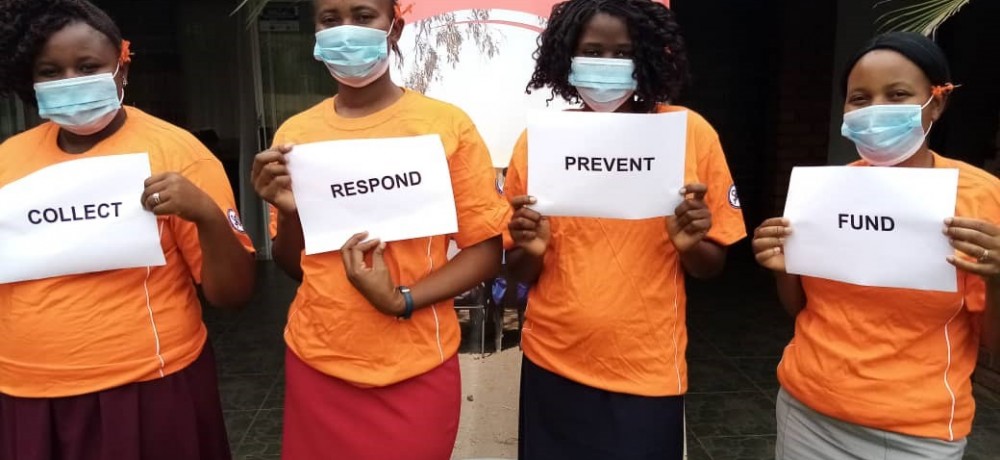The Civic Forum on Human Development also collaborated with Training and Research Support Centre (TARSC) in implementing an urban youth wellbeing programme. TARSC leads the “Equity Watch” work in EQUINET which aims building an analysis of available evidence on inequalities in health and its determinants within urban areas, with a particular focus on the responses to urban inequalities, whether from the health sector or through the health promoting interventions of other sectors and of communities. This programme aims to build a more holistic understanding of the social distribution of health in urban areas and the responses and actions that promote urban health and wellbeing. These health promoting responses may be taking place in areas such as urban ecosystems, in the urban economy, in improving urban living and community conditions, social and political conditions and information and social media, amongst other areas.
During 2016-2017 TARSC and CFHD implemented several interactive cycles of review and compilation of diverse forms of secondary evidence interacting with interactive cycles of participatory review and validation by young people from diverse settings in Harare with selected urban areas on:
- The (different) understandings, perceptions and measures of wellbeing.
- The evidence on the distribution and drivers of wellbeing in urban youth in Eastern and Southern Africa.
- The community assets for, and the changes, approaches, practices, innovations that are proposed and are being implemented to improve wellbeing across urban youth;
- The learning and insights from the findings, and the implications for urban health services.
The participatory validation process in Harare included 6 groups of young people from a diversity of backgrounds. The youth groups included:
- youth living in northern (low density, medium income) suburbs; 2
- youth in formal employment
- youth in tertiary education
- unemployed youth
- youth in informal employment
- Youth in Epworth (/informal settlements). The outcomes of this validation process showed that the youths are a diverse group
The youths discussed with different groups of urban youth the understanding and definitions of wellbeing, especially in regards to enablers and disablers of wellbeing in Harare for young people and the priority areas to give attention to in exploring responses. It provided a local participatory validation of key concepts on wellbeing obtained from the background literature and which of these were (divergently) relevant to and prioritised by youth in Harare. The findings of the validation process were that most youths indicated that secure jobs and income education and participation in government decisions was highly important in their wellbeing
Powered by Froala Editor
